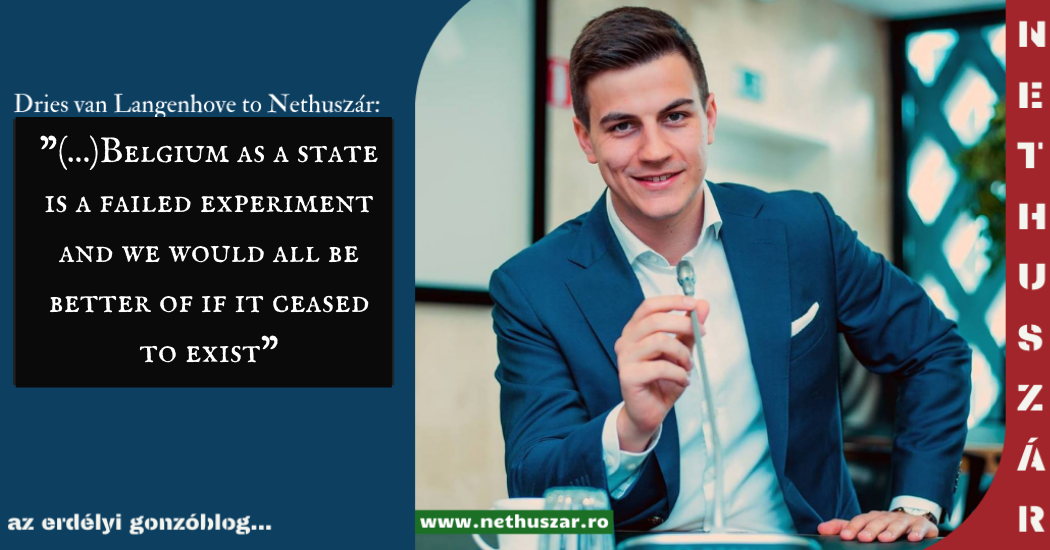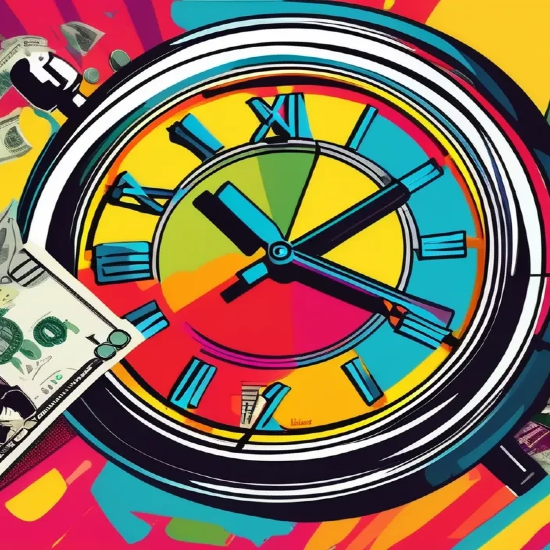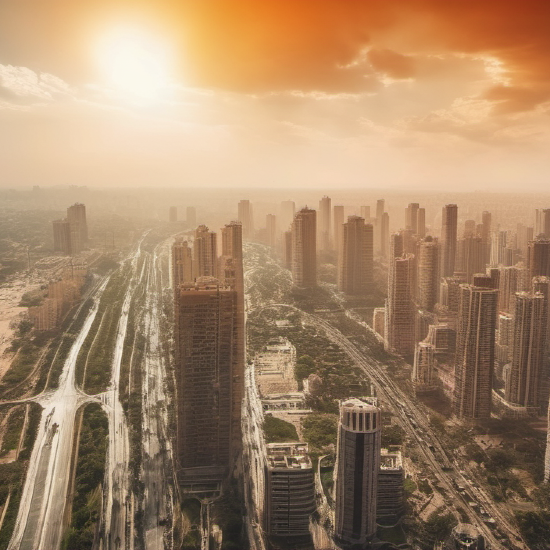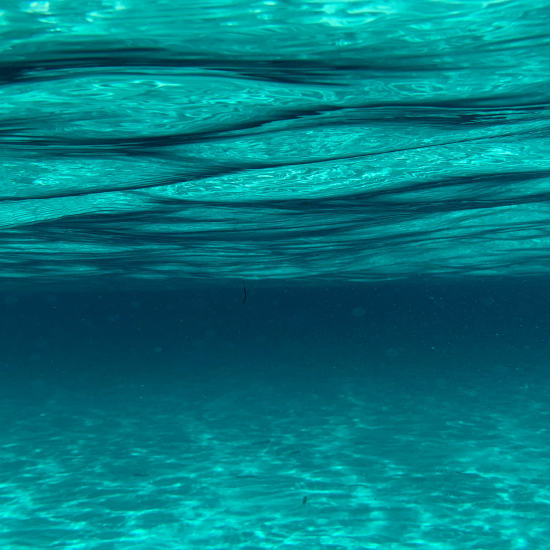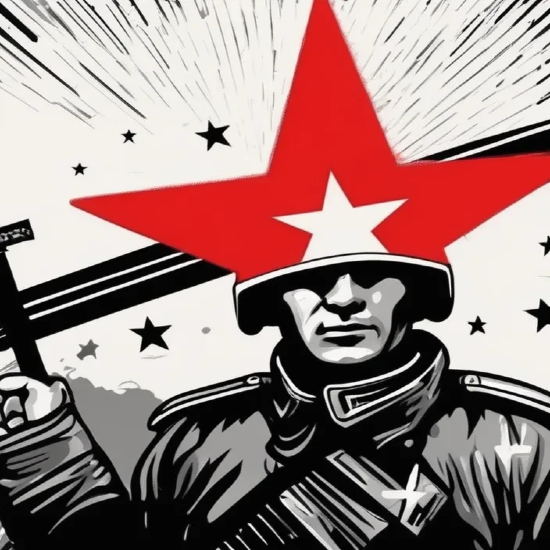Van Langenhove: „Belgium as a state is a failed experiment”
2021. 05. 07. 11:49:27
The citizens’ initiative launched in Seklerland for supporting national regions is ready to get the required number of signitures in Belgium in the last week of the campaign, where Flemish movements have embraced the collection of signatures. Dries Van Langenhove, a young, energetic youth leader and MP, is campaigning for Seklers on his own social media platforms, with different videos made by his team. Dries is not unknown to the Transylvanian audience either, we met him at the largest Seklerland summer festival, in Tusványos. Nethuszar asked him why he was campaigning for the Seklers, what is the situation in the West nowdays, and we also asked if he was anti-Semitic.
- Hey! This week almost daily, you’ve posted videos promoting the petition to your considerable base of followers. What motivates you to help the cause?
- I have visited the Szeklers in Transylvania three years ago and I was moved by their enthousiasm in protecting their culture and identity. This diversity of peoples, traditions, cultures and ethnicities is the real treasure of Europe. We don’t need mass migration, we have all the diversity we need, and it’s about time we start to realise this and start to protect this diversity. This initiative wants to help the peoples of Europe in maintaining their identity, and I want to help this worthy cause.
- Here, from Eastern-Europe it seems like the question of national minorities is barley recognised by EU institutions. Why isn’t the EU’s approach more definitive or effective?
- The globalists that are at the head of the E.U. are not interested in the rich diversity of the indigenous European nations. The globalists want mass migration to create “multiculturalism”, which in reality is simply no culture at all. It’s our duty to show our fellow Europeans what real diversity means, and to show them how they can rediscover their own roots.
- Belgium: the Flemish and the Walloons – we, here in the wild-east, know that there is a certain disagreement between the two sides. How could you define this more clearly, what is the Flemish stance?
- Throughout history, the Flemish have always been maltreated and oppressed by the French-speaking elite of Belgium. Even now that we are the economic and demographic majority, we are still being treated as an oppressed minority in our own country. A lot of our Flemish wealth is transferred to Wallonia and even when 75% of the Flemish vote for right-wing parties, we still get a very leftist federal government because the Walloons vote for socialist and communist parties. This has made Belgium ungovernable. For me personally, the Walloons are my European brothers, but Belgium as a state is a failed experiment and we would all be better of if it seized to exist.
- You were the leader of a Flemish youth organisation, that was at one point publicly accused of racism. Even you personally were targeted by the accusers. Thorough the situation, your point of view was less exposed. Please share it with us.
- I was and am the head of Flanders’ most influential youth movement. A few years ago a journalist claimed that there were politically incorrect cartoons and ‘memes’ circulating in some of our chatgroups. This claim has never been proven, yet for some of our political opponents it was enough to call me a racist.
- So, you are an anti-Semite, a racist, or neither?
- I love Flanders and the Flemish. They are my people. I also love Europe and all the diverse European nations. Does that mean that I hate other peoples or nations, like Africans? Not at all. A mother loves her own children the most, but that doesn’t mean she hates other children.
- Muslims, immigration, migration – words, that today in Belgium, can only be uttered with great caution. To what degree could a rational and solution driven discourse develop in Belgium/ Belgian media, during the past years?
- In Belgium, islamisation and massive migration from muslim majority countries is becoming an ever increasing problem. Our cities have drastically changed. The indigenous Flemish people have been replaced in cities like Brussels and Antwerp. The result is insecurity, crime and even terrorism. A lot of people finally see that the multicultural dream they were promised by globalists is rapidly becoming a nightmare. This is good news, because right-wing parties are doing very good in the polls. In the coming elections, we might have a nationalist coalition in Flanders.
- How do you see, what would be a solution to the migration crisis?
- Europeans have to rediscover their roots. A tree without roots is lost. That’s why the SignitEurope initiative is important. Once we are all proud to be European, we will be les inclined to allow mass migration. For people in central and eastern Europe this may seem weird, but I can tell you that most young people in Western Europe truly hate themselves. When you talk about being European, they see nothing to be proud of. They only think about war, slavery and racism, they never think about our scientific achievements, our architecture and art, our Christian and democratic values, our way of life, our rich history and diversity, … That’s what we have to teach them. So the solution is first and foremost a metapolitical one. We need to change our mindset. On the political level, we need to close the borders and organise remigration for some groups of migrants, but that’s not a solution we can expect to happen very soon.
- Not only in Belgium, but throughout the whole of Europe, an approach to discourse, called political correctness is starting to gain popularity. This approach may at the end only avoid problems instead of solving them. How does this surface in the everyday life of Belgium?
- Political correctness is one of the greatest crimes we have ever committed in Europe. It is a betrayal to the future generations of Europeans, because political correctness makes it impossible to adres problems. It pushes them away, it makes it forbidden to name problems and try to solve them. In Belgium it’s forbidden to talk about any problems linked to mass migration, multiculturalism or islam. But we have to be brave and do it anyway, because the first step to solving a problem, is naming it.
- What does the difference between Eastern and Western Europe mean to you? What are the negative and positive aspects of the difference?
- As mentioned above, people from Eastern Europe really cannot imagine how bad the situation in Western Europe is. The youth of Western Europe is being indoctrinated to hate themselves. They see being European as something solely negative. As something to be ashamed of. My generation is being brainwashed with guilt and with the idea that we are personally responsible for slavery, colonialism and crimes committed during World War 2. So nationalism is totally not as widespread in Western Europe as it is in Eastern Europe. Luckily, because the situation is so drastic due to mass migration, even the brainwashed people are now starting to open their eyes and become nationalist.
- You have at one point visited Tusványos festival, in Transylvania. How did you find the experience?
- I loved Tusvanyos. All those young people that are having a good time, and at the same time learning more about their roots and about politics, is a very valuable experience. I met a lot of young people engaged in preserving their heritage and identity. I also got to meet Viktor Orban, who is a man I admire for his resistance against communism back in the day, and his resistance against globalism today.
- How do you see Transylvania and the Transylvanian people?
- Transylvania is a beautiful region. I stayed for two more weeks after Tusvanyos. I loved the nature and the mountains, the castles, but also the cities and villages. I have very good memories about our evenings and nights in Brasov.
- When will you visit us?
- I hope to return soon!
- We are looking forward to meeting you and possibly having one or two beers together. Thank you very much for your contribution to the Transylvanian initiative for minority regions. Your professional input may very well have been the decisive element of our success in Belgium.
- We all have skills and talents. It is up to us all to use those skills for the better of our peoples. I hope the effort of my team and myself in achieving the signatures for Belgium will strengthen the resolve of many European peoples to keep up the fight to preserve their culture and identity.
(Nethuszár)
Mi folyik itt? Aktuális ügyek
Lokál'20
Kevesen mennének, többen inkább maradnának, és van, aki csak most kezdené el – kik kérik voksunkat, és miért? Helyhatósági választások, 2020 – háttér az okos döntéshez – KLIKK IDE!
Koronahíradó
Túlzás nélkül, emberemlékezet óta nem élt meg ilyen nehéz pillanatokat az emberiség. ITT ELOLVASHATOD, hogy mi volt, van, és mi várható!
Írd alá!
A székely nemzeti régió aláírásgyűjtésével kapcsolatos hírek. Leszünk-e autonómok, vagy sem? KLIKK IDE, s megtudod!

